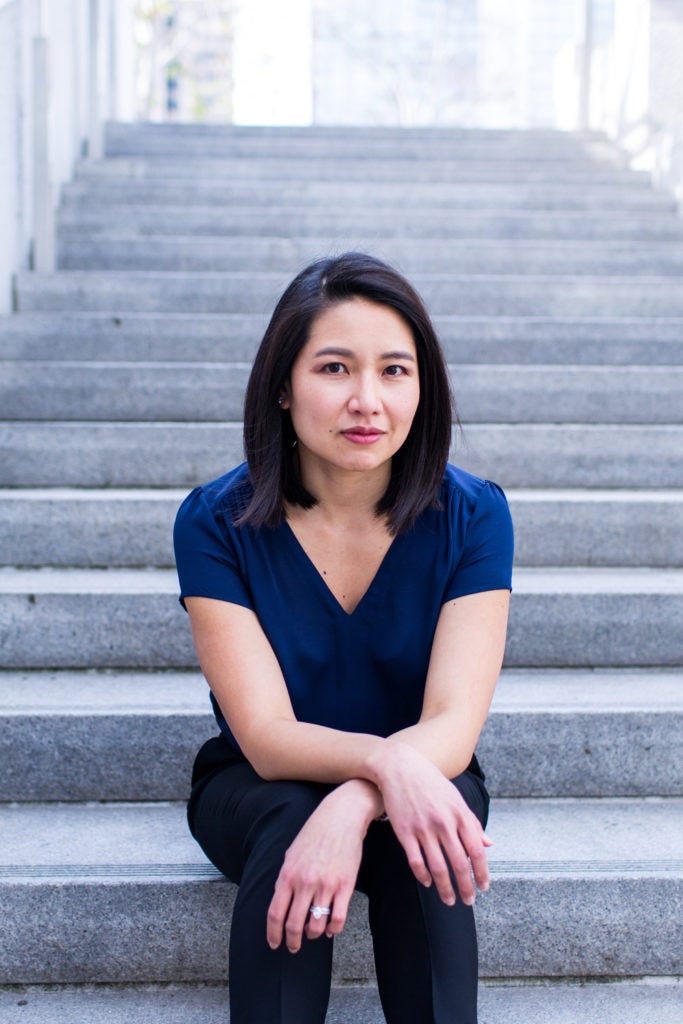"I Knew From the Start This Was a Book About the Model Minority"
Author Kirstin Chen discusses her bestselling new book 'Counterfeit.'
Last Thursday, I had the immense pleasure of doing a live virtual event with Kirstin Chen, the author of the new novel Counterfeit, as part of the Now We’re Talking Book Club. We talked about designer handbags, her new book, her writing process, the model minority myth, and so much more. This Q&A has been lightly edited and condensed — if yo…
Keep reading with a 7-day free trial
Subscribe to Now We're Talking with Doree Shafrir to keep reading this post and get 7 days of free access to the full post archives.




